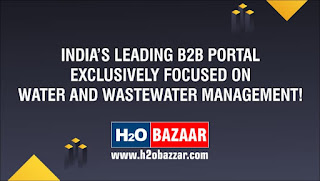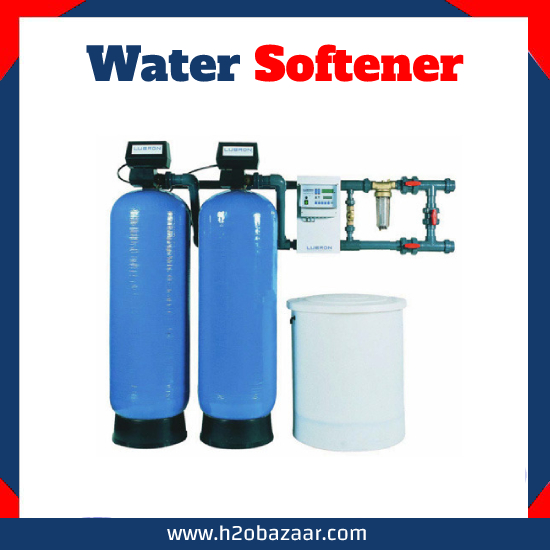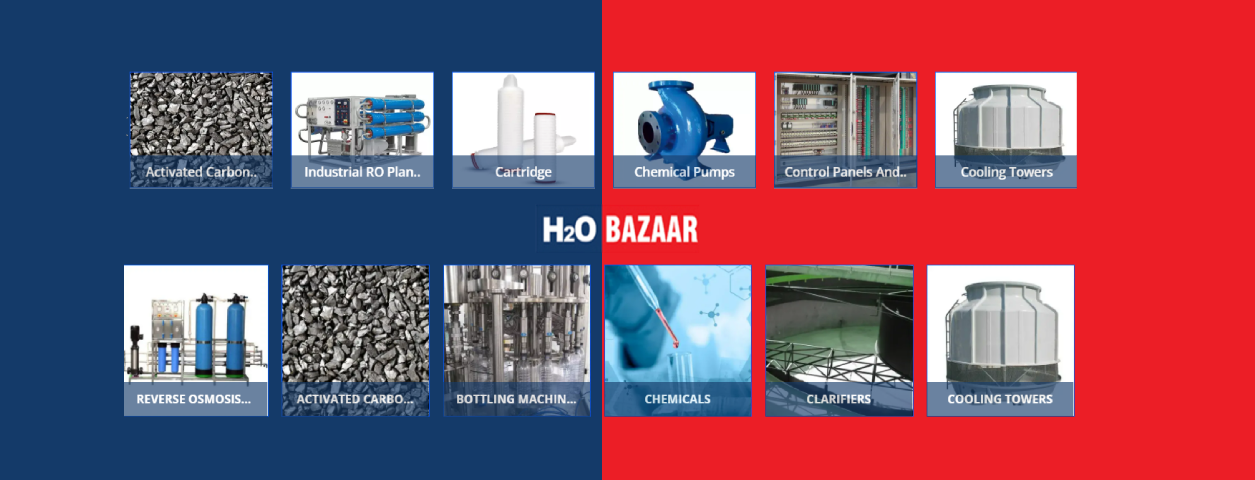Is it safe to use the water after the sewage treatment is done?
The water that is used in homes, industries and other commercial places which are generally labelled as wastewater, must be treated before it is released back into the environment. This is because the wastewater can include substances such as water from the sink, shower, kitchen waste, food waste, soaps, chemicals, human waste and more. This is not only life-threatening to plants and aquatic species that thrive in water bodies but the environment and human health can also be affected negatively. Moreover, the usage of contaminated water causes many diseases such as cholera and diarrhoea. Wastewater treatment plant manufacturers are responsible for removing all contamination before releasing the water back into the environment. Let's get to know the safer side of reusing the water after treatment: Safe Usage of Treated Wastewater Sewage Treatment Plant design consists of a different treatment process to remove all the suspended solids from wastewater and put oxygen back i...




